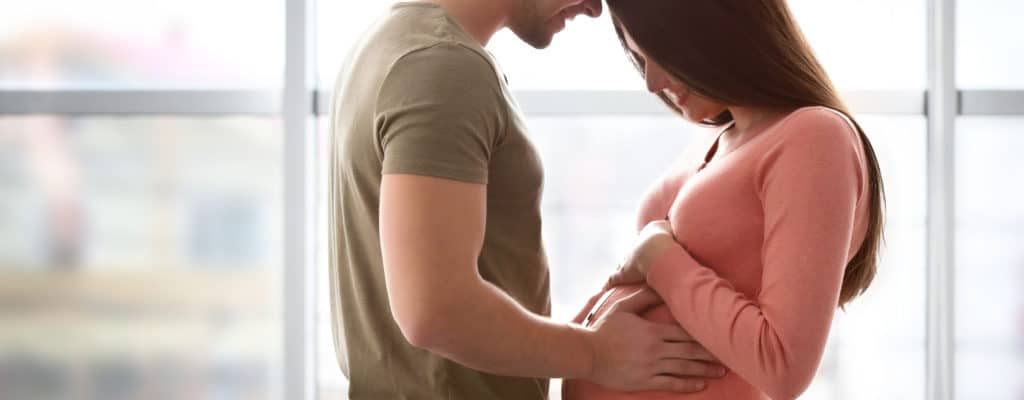
Do you know what blood type you have? If you are pregnant with type O blood, you should be cautious when your baby is born because you may have jaundice after the baby is born. Why is this happening? aFamilyToday Health will help you answer this question.
Up to 90% of pregnant women do not know which blood type they belong to. In fact, knowing what blood type you have, you can prevent the potential risks to your baby, especially when you have type O, the doctor will be more cautious after the baby. born.
Why pregnant mother with blood type O causes danger to the baby if the baby has a different blood type?
Type O blood is usually one that doesn't get along well with other blood types. During pregnancy, a mother's blood transports nutrients and oxygen to the fetus through the umbilical cord. If there is a blood type difference between the mother with blood type O and the fetus, the mother's blood will form antibodies to neutralize the baby's blood type, thus the antigenic reaction can destroy the fetal erythrocytes. children.
If not treated properly, jaundice in a newborn can lead to many complications, the most serious of which is permanent damage to the baby's nerve cells. Therefore, doctors advise pregnant mothers to know which blood type they belong to during pregnancy and to be more careful if mothers vote with blood type O.
Do's and don'ts when your baby has jaundice
1. Don't
Here are a few remedies that are not effective:
Give your baby water or sugar water : This does not reduce the jaundice of the baby, but may harm the baby's health.
Sun exposure : Sunlight can not help your baby reduce jaundice. On the contrary, baby's skin is quite fragile, so it can burn and lose water when exposed to the sun.
2. Should
The secret to helping you treat jaundice in a newborn is because of the difference in blood types
Jaundice is caused by differences in the baby's blood type and mother's blood type O usually occurring about 3 days after birth. Before you leave the hospital, you should have your baby fully examined and you should also be consulted by a doctor about caring for a child with jaundice.
You should take your baby to the doctor right away if he develops any symptoms
Jaundice appears in the first 2 days after birth
Jaundice spreads rapidly to the lower abdomen and legs
Jaundice persists after the baby is 14 days old
Babies refuse to breastfeed or stop feeding, have no bowel movements or urinate as usual, or get more jaundice
The stools are beige or white, and the urine is dark yellow.












